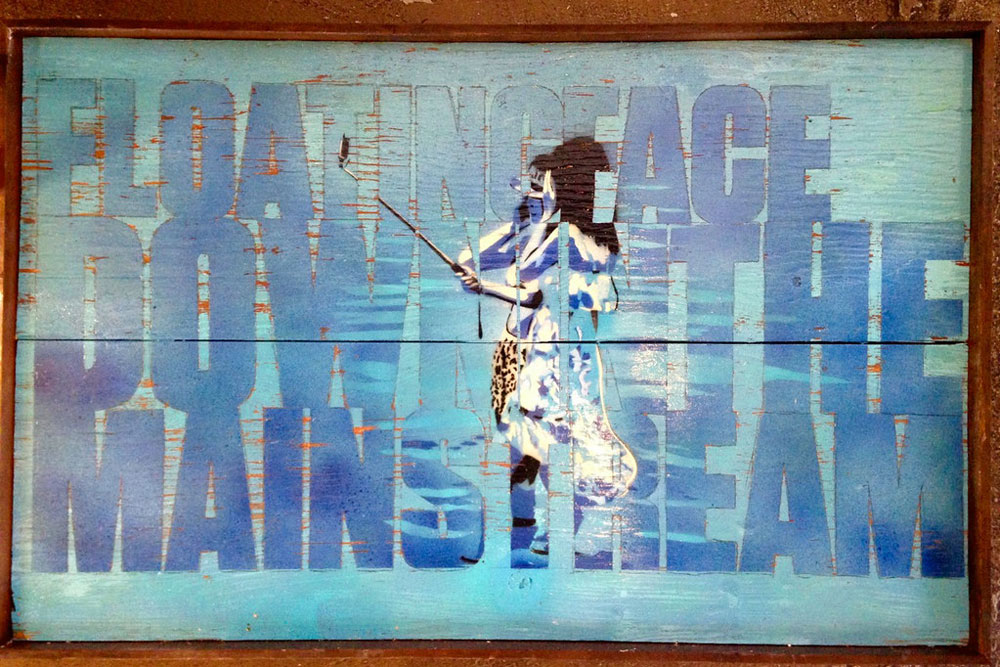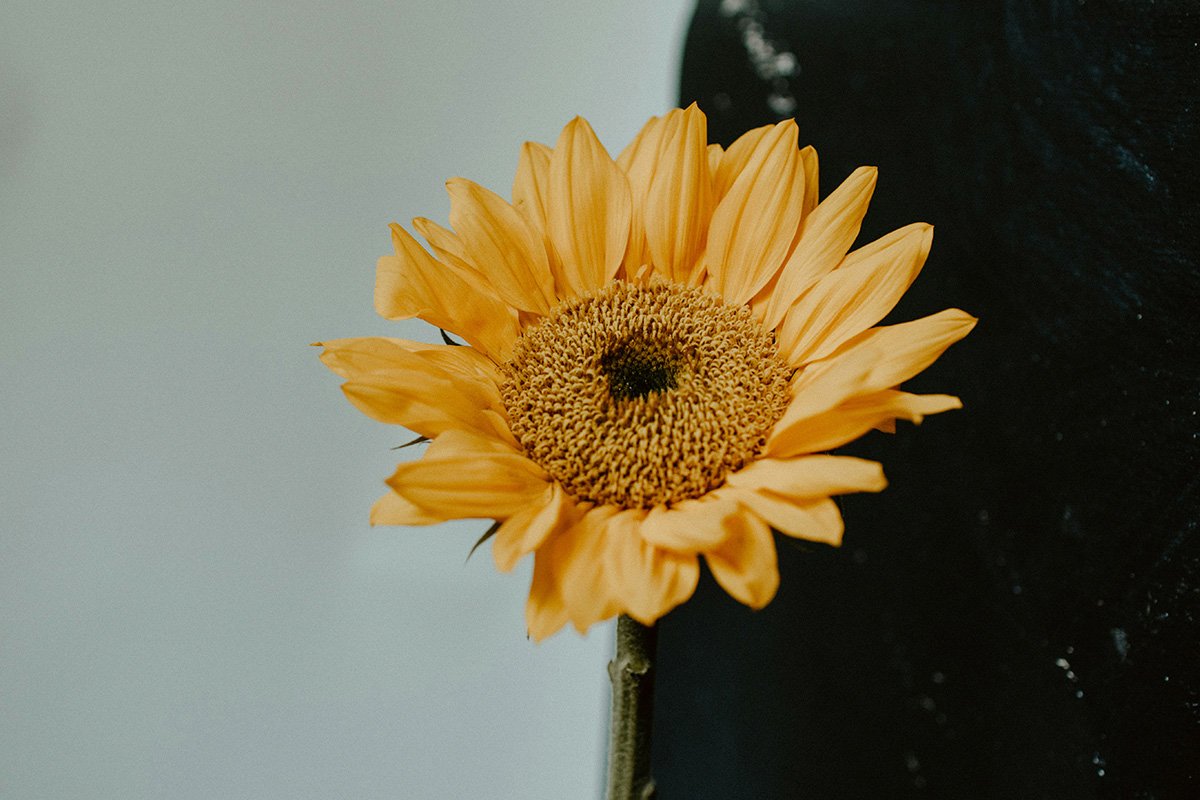
You need to git up, git out and git something.
How will you make it if you never even try?
You need to git up, git out and git something.
’Cause you and I got to do for you and I.
—“Git Up, Git Out” (OutKast, Southernplayalisticadillacmuzik, 1994)
While the country grapples with an uncertain future, given COVID-19 and its disproportionate impact on African Americans in the US South—who are suffering far more severely than their white counterparts—we invite you to look to our past to find answers for our future. Let’s begin in 1995, and more specifically the 1995 The Source Magazine Awards.
The second annual hip-hop awards show featured feuding East and West Coast rappers, but when the hip-hop duo Kid N’ Play announced that a Southern group called OutKast won the Best New Artist category, the audience erupted with a chorus of boos. The response did not surprise Black Southerners. The South had given rise to another voice that cemented its place in US popular culture. During his acceptance speech, André 3000 defiantly said, “the South has something to say.” Today, his words are the clarion call that inspires our work at the Partnership for Southern Equity and Grantmakers for Southern Progress to elevate and support southern voices despite the unwillingness of some to look at the South as a critical launching pad for transformational change.
“You need to git up, git out and git something / cause you and I got to do for you and I,” OutKast said, referring to the South as a place that carries on, despite the lack of resources. The civil rights movements sparked a struggle for freedom that continues to this day by people and for people in the South. Today, COVID-19 is giving us another stage to speak our painful truth—that Black bodies are suffering disproportionately, and that America must acknowledge the Southern perspective in our country’s history, while amplifying the role the South must play in securing a more equitable nation for all.
In Georgia, African Americans make up more than 30 percent of the population but account for more than 52 percent of COVID-19 deaths. In Louisiana, more than 55 percent of COVID-19 deaths were of African Americans. In North Carolina, 39 percent of the state’s more than 2,700 coronavirus cases are amongst African Americans in a state that is only 22 percent Black. We wish we could say we were shocked. The truth is that health disparities of this kind are not new to Black communities in the South.
According to the Surgo Foundation’s COVID-19 Community Vulnerability Index (CCVI), nine of the 10 counties most vulnerable to the novel coronavirus are located in the US South. As in many parts of the country, African Americans in the South have carried the burden of structural racism, including racialized disinvestment, political disenfranchisement, and violence resulting in weakened civic infrastructure, and life-stealing inequality, before the outbreak. Black unemployment continues to outpace national rates two to one, and may get worse as unemployment claims top 30 million since the start of the pandemic. Predatory lending practices and loss of equity pummeled the Black community during the 2008 mortgage crisis, and we’re bracing ourselves for a potential housing crisis. Our refrain remains true—none of these realities are novel.
Since 1619, African Americans have been dealing with inequities when enslaved Africans arrived in the South. Black bodies and ingenuity were used to sustain an agrarian economy built on the cold foundation of white supremacy. Although federal laws undid some of the layers of injustice, deep inequity continues to pervade our society. These injustices include the denial of workers’ rights, voter suppression, mass incarceration, the increasing racial wealth gap, and the minimal expansion (and in some places contraction) of healthcare in Southern states, just to name a few.
Injustices brought about by systemic inequities are so widespread that they have affected Southern white communities too. Toxic industries like coal mining have destroyed parts of Appalachia. Rural hospital closings have left many predominantly white communities to suffer from the same chronic diseases as African Americans. COVID-19 is not the equalizer, but rather amplifies inequities that disproportionately affect the same marginalized populations.
The South is both haunted and hurting, but there is hope. If you have ever visited the South, you instantly know that we live in a region that has birthed resolve, creativity, and innovation out of conflict. It’s a complex place to work when political parties that once defended African American rights, now seem to advance white supremacy in the South and vice versa. But organizations like Southerners On New Ground (SONG) and Georgia Latino Alliance for Human Rights stand up against the hatred and vitriol that has moved from overt violence to covert policy. When economic development pushes African American communities to fund their own displacement, organizations like The Atlanta Land Trust work to instead secure permanent affordable housing for those who need it.
Sign up for our free newsletters
Subscribe to NPQ's newsletters to have our top stories delivered directly to your inbox.
By signing up, you agree to our privacy policy and terms of use, and to receive messages from NPQ and our partners.
In the Deep South or the “Black Belt,” change comes through nuanced and humbling work with diverse voices who not long ago harbored racist views. Yet the Foundation for the Mid South finds a way to bring everyone to the table, and to move the whole community forward. These organizations are all led by people of color in communities of color and their efforts have said what the South has said all along.
If the South—the birthplace of historic and destructive inequities—rallies to end structural injustice, it can model for the rest of the country what the journey toward racial justice and equity can look like. Much like how OutKast shined the light on the South’s music scene, COVID-19 highlights the disparities and divisions created by white supremacy that we need to overcome, to move forward together.
We are encouraged by the actions of organizations like the Mary Reynolds Babcock Foundation, which at the start of the COVID-19 crisis reaffirmed its longtime commitment to supporting their partner grantees throughout the South by awarding all board-approved grantee partners with a $10,000 unrestricted grant and frontloading multi-year grants. The Solutions Project is leaning into its commitment to support organizations led by women and people of color, by providing national support to their communication and outreach efforts during the pandemic. Before the coronavirus reached rural Georgia, the Healthcare Georgia Foundation’s Two Georgias Initiative has led the fight for health equity in the face of dwindling healthcare resources that are now taxed to the breaking point. Longtime foundation partners like Surdna, Kresge, and more than 600 others have pledged to fully support nonprofits in the South and throughout the country during the pandemic.
The coronavirus pandemic is a disruptive moment in our history, but it allows us and philanthropy to transform the lives of the communities we care about. This is an uncertain time for all of us and we understand that some funders are on the fence, but recognize that until the South changes the systems and power dynamics that have kept it functioning unsustainably and inequitably for centuries, pandemics like COVID-19, the next hurricane, or another economic downturn will find us all in the same disadvantaged position or worse.
So, philanthropy, when thinking about the South, should keep in mind the following:
- Search your souls and have the courage to invest and grow civic and economic power in the communities we serve now and beyond COVID-19.
- Use your spheres of influence to put real money to work and benefit real people on the ground.
- Know that providing multi-year general operating support, streamlining grant applications, and relaxing reporting requirements are necessities.
- Give priority to the intelligence of frontline organizations to inform the development of strategies for long-term investment and impact in the South.
- Think beyond emergency support given to organizations during COVID-19 and ensure that the support given now does not impede grantees’ chances to apply for continued funding for work that is not related to COVID-19.
Not all funders are going to stand with us. But the funders we need in the South are those who are not afraid of struggle. Those hard battles during the Civil Rights Movement won some critical freedoms for all people, but the fight continues.
Despite the all-consuming impact of this pandemic and the resulting economic shutdown, COVID-19 is only a single episode in the tumultuous history of the US South. The epicenter of the story remains in 1619. This “movement moment” provides a chance for all of us to take courage and invest in the support of long-term movement building for racial equity in the South and the nation. This is the chance for us to have what Dr. Martin Luther King, Jr. called in his “Beyond Vietnam” sermon “a radical revolution of values.”
Our policies reflect the values of those in power. We must shift our values in the South, and the nation, to finally see the change that we all desperately need—an economy where everyone is an asset, a clean environment that creates a new generation of workers, and healthy neighborhoods where everyone thrives no matter their ZIP code.












